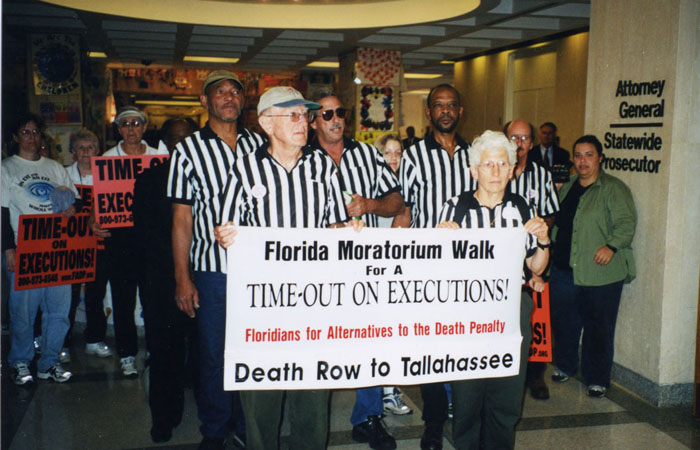Administrative Files, 1977-2005, Undated 1.9 cubic ft.
Series 1 contains documents relating to the internal procedures and finances of Murder Victims' Families for reconciliation. While there are a few documents that provide evidence of how the organization was set up, the majority of documents focus on hiring, day to day finances, and committee meetings. There are also materials related to strategic planning and the creation of by-laws and organizational procedure. Although the series contains materials from 1977 to 2005, the bulk of the material is from 1996 to 2004. Contained in this series are meeting agendas, meeting minutes, meeting summaries, correspondence, annual reports, ballots, evaluation forms, applications, newsletters, fliers, budgets, financial reports, manuals, by-laws, pamphlets, drafts, notes, reports, contracts, forms, resumes, proofs, floppy disks, and cassettes.
